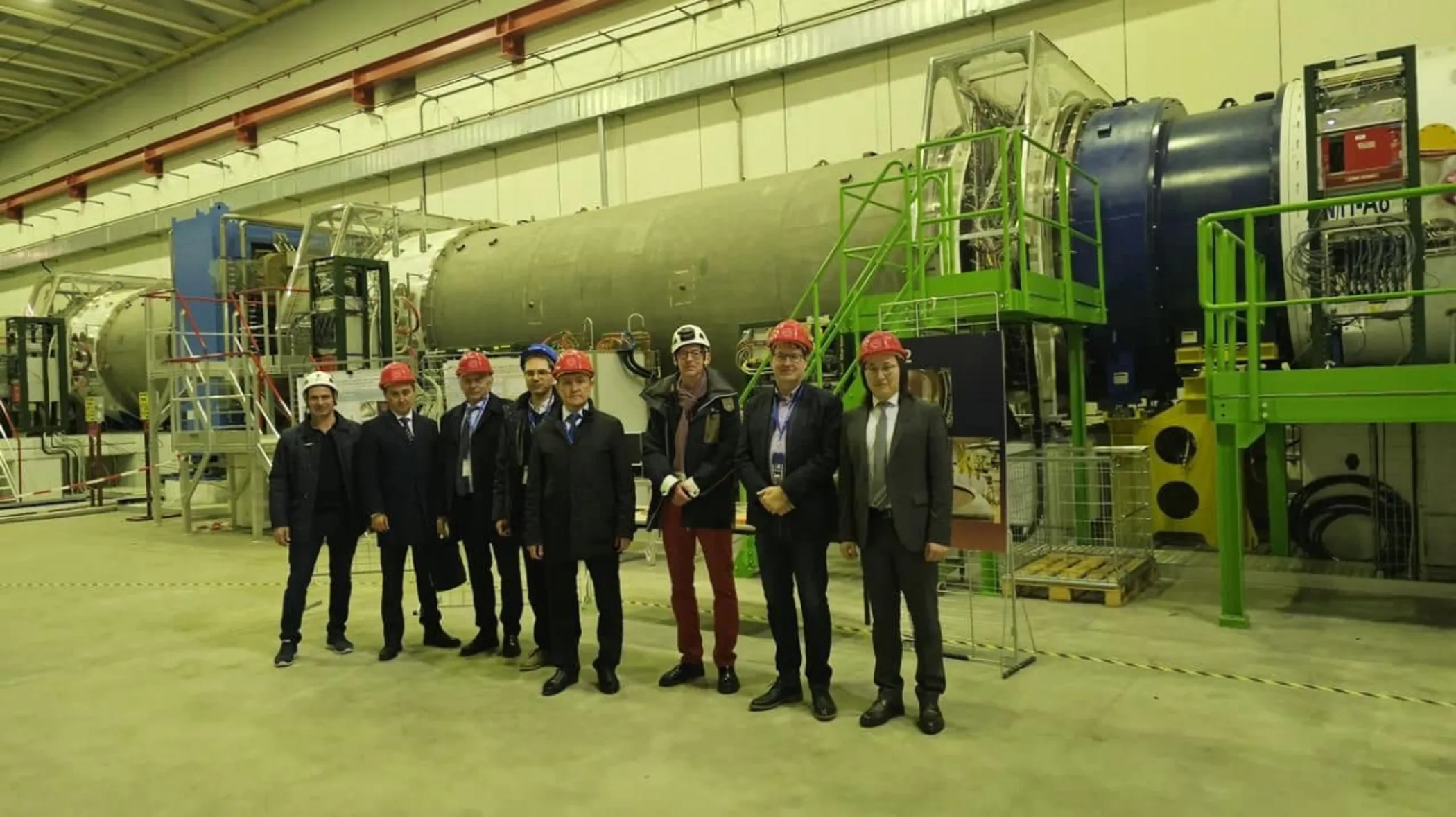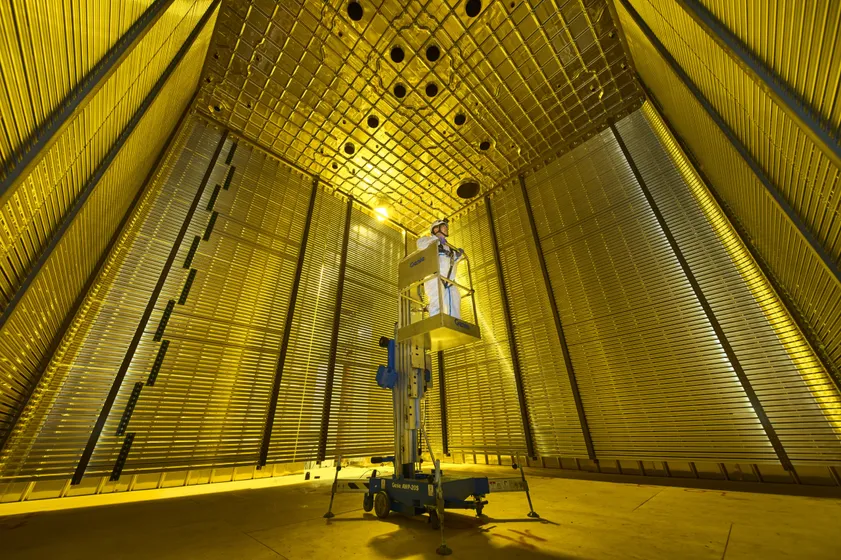The Institute of Nuclear Physics under the Ministry of Energy in the Republic of Kazakhstan, led by Director General Sayabek Sakhiev, recently visited the European Center for Nuclear Research (CERN) in Geneva, the Ministry's press service reports.
A key focus of the visit was the discussion held in the experimental NA62 area. The parties deliberated on the active involvement of Kazakh colleagues in NA62 sessions within the scope of the supplementary memorandum of understanding signed in June 2023 between CERN, NA62, and Kazakhstan’s Institute of Nuclear Physics.

In recent years, CERN scientists have been deeply involved in the intricate NA62 experiment, dedicated to recording tens of billions of elementary particle decays. Subsequently, the collected data undergoes sophisticated processing to identify extremely rare and exotic decays.
Patricia McBride, Head of the CMS Collaboration, provided the Kazakh delegation with insights into the operations of the Compact Muon Solenoid (CMS), one of the two major universal detectors of elementary particles at CERN’s Large Hadron Collider.
Additionally, a collaboration meeting on the Deep Underground Neutrino Experiment (DUNE) took place at CERN. Scientists from the Institute of Nuclear Physics actively participated in discussions regarding the current state and plans of the collaboration for the ambitious experiment.
During the sidelines of the meeting, Director General Sayabek Sakhiev held discussions with the co-directors of the collaboration, Sergio Bertolucci and Mary Bishai. The meeting delved into the Institute of Nuclear Physics' plans for the current year, particularly focusing on establishing a site for the production of straw detectors for the DUNE experiment. Both parties expressed optimism about strengthening scientific ties within the collaborative framework.










